For a brief time in the 1990's, the "in thing" was adapting literary classics and updating them to the present-day. While some have been forgotten (case in point, the 1998 version of Great Expectations), a few have managed to stand out and still stand the test of time. Among the fortunate few is Clueless, the delightful updating to Jane Austen's Emma for Generation X. With a wry style and excellent performances by a future who's who of actors, Clueless is a sweet, delightful romp.
Cher Horowitz (Alicia Silverstone) has little on her mind but shopping, fashion and driving with varying degrees of success. Despite her apparently airhead manner, Cher does have a good heart: she is protective of her father Mel (Dan Hedaya) and is loyal to her friends, especially her BFF Dionne (Stacey Dash).
Distressed at her poor grades, Cher decides to get her persnickety debate teacher Mr. Hall (Wallace Shawn) and her activist teacher Miss Geist (Twink Caplan) together to make them more placid. Her scheme works, and she finds herself enthused with her version of altruism, much to the amusement of her ex-stepbrother, socially conscious Josh (Paul Rudd).
After her wild success in playing Cupid, Cher decides new girl Tai (Brittany Murphy) needs a makeover and a better boyfriend prospect than skater Travis Birkenstock (Breckin Meyer). She picks cool kid Elton (Jeremy Sisto), but things go awry when Elton mistakes Cher's matchmaking for interest in him. More romantic confusion comes when Cher decides to try and land returning student Christian (Justin Walker), unaware Christian's gay.
While enduring her frenemy Amber (Elisa Donovan) and watching with a mixture of amusement and puzzlement the on-off relationship of Dionne and Murray (Donald Faison), Cher comes to shocking conclusions about her feelings for Josh. Happily, everyone from Dionne and Murray to Tai and a now-sober Travis find what Cher and Josh find in each other: true love.
I think one of the reasons Gen X (and now their children) has embraced Clueless is because there is someone whom everyone can identify with or at least recognize. None of the characters are ever overtly mean: even Elton is more dim than cruel. The Clueless kids by and large are endearing, pleasant and surprisingly stable, albeit spacey and unaware of things outside their own world.
As a side note, a line Travis utters proved prescient. He tells Mr. Hall that he shouldn't be too hard on his Mom's taste in music because what the Rolling Stones are to him, Nine Inch Nails would be to his kids. That's surprisingly insightful from a stoned-out skateboarder.
Clueless is also hilariously funny, full of witty lines and situations. There's Cher's views on Dionne's fashion sense ("Shopping with Dr. Seuss?"). There's Travis' speech on being "awarded" the most tardies, and Cher's sometimes oddball debates such as calling to allow the "Hait-tians" to come to the United States. From "What-EVER!" and "As IF!" to perhaps the ultimate put-down, "You're a virgin who can't drive", Clueless is sharp and funny.
The film is also exceptionally well-acted. Silverstone, then primarily known for her Aerosmith video appearances, is simply delightful as Cher. While I am not big on voiceover, Silverstone did a simply perfect performance as our lead, capturing that mixture of vapid but kindhearted girl. She makes Cher so likable and shows that she is nowhere near dumb. Instead, Cher is more naive and innocent, a pleasant girl who is materialistic but who also has some common sense and is always motivated by a desire to do good. We see that when she spearheads a disaster relief drive for nearby Pismo Beach. Rather than reject Travis' offer of a bong or criticize him for bringing such a curious donation, she accepts it (albeit a bit puzzled by it) and suggests taking it to kitchenware.
Rudd is also excellent as Josh, the older, wiser young man who is at times bemused at times confused by his former stepsister. The yin to Cher's yang, Rudd expresses that socially aware manner without making Josh an insufferable scold. He brings a nice softness to his joshing of Cher (no pun intended).
Dash and the late Murphy make Dionne and Tai equally amusing. While not on screen often, Donovan leaves an impression as Amber, about the only one who recognizes Cher's debate idiocies while being somewhat idiotic herself.
The men are not behind either: Walker's too cool for school manner, Faison's exaggerated posing, Meyer's sweet but whacked-out stoner. The adults too excel: Hedaya plays slightly against type as Mel. He still barks out orders and insults, but he is also loving and protective of both Cher and Josh. Shawn is hilarious when doing nothing at all, his stunned reactions at his students' antics speaking for themselves.
Clueless holds up surprisingly well. You can see where it is dated, such as in the prevalence of flip phones or a cameo by The Mighty Mighty Bosstones in a party scene. However, Clueless is fun and funny, something that never gets old.With excellent performances, a witty and smart script, excellent directing, and some nice but subtle touches (such as hearing the opening to the song Gigi when Josh sees Cher at one point), Clueless is anything but.
DECISION: A-






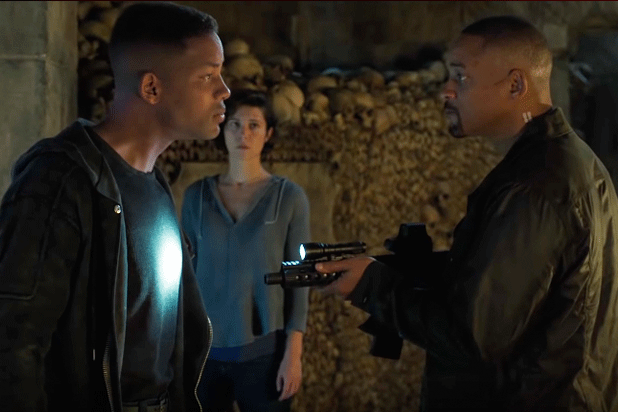


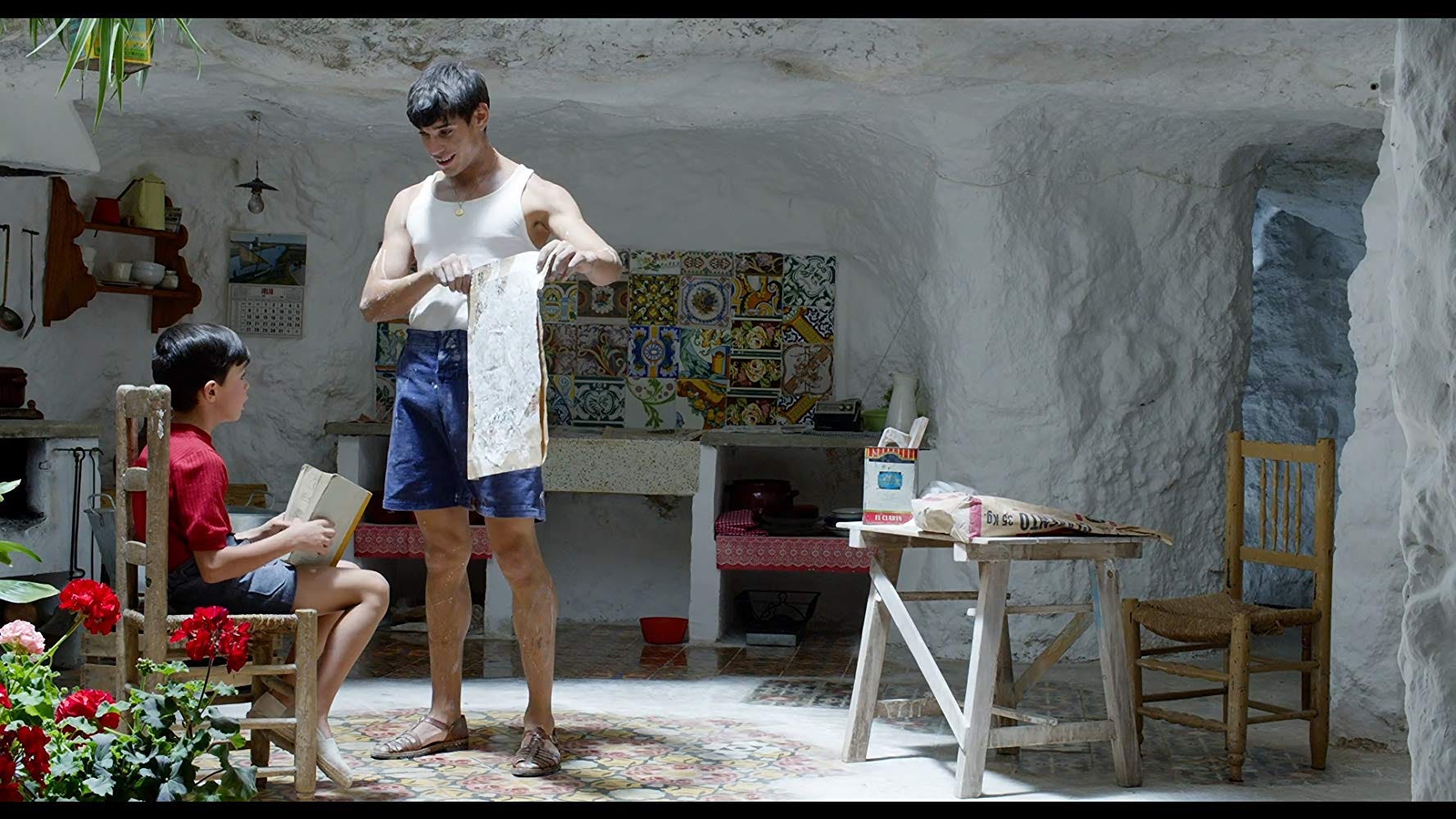
.jpg)



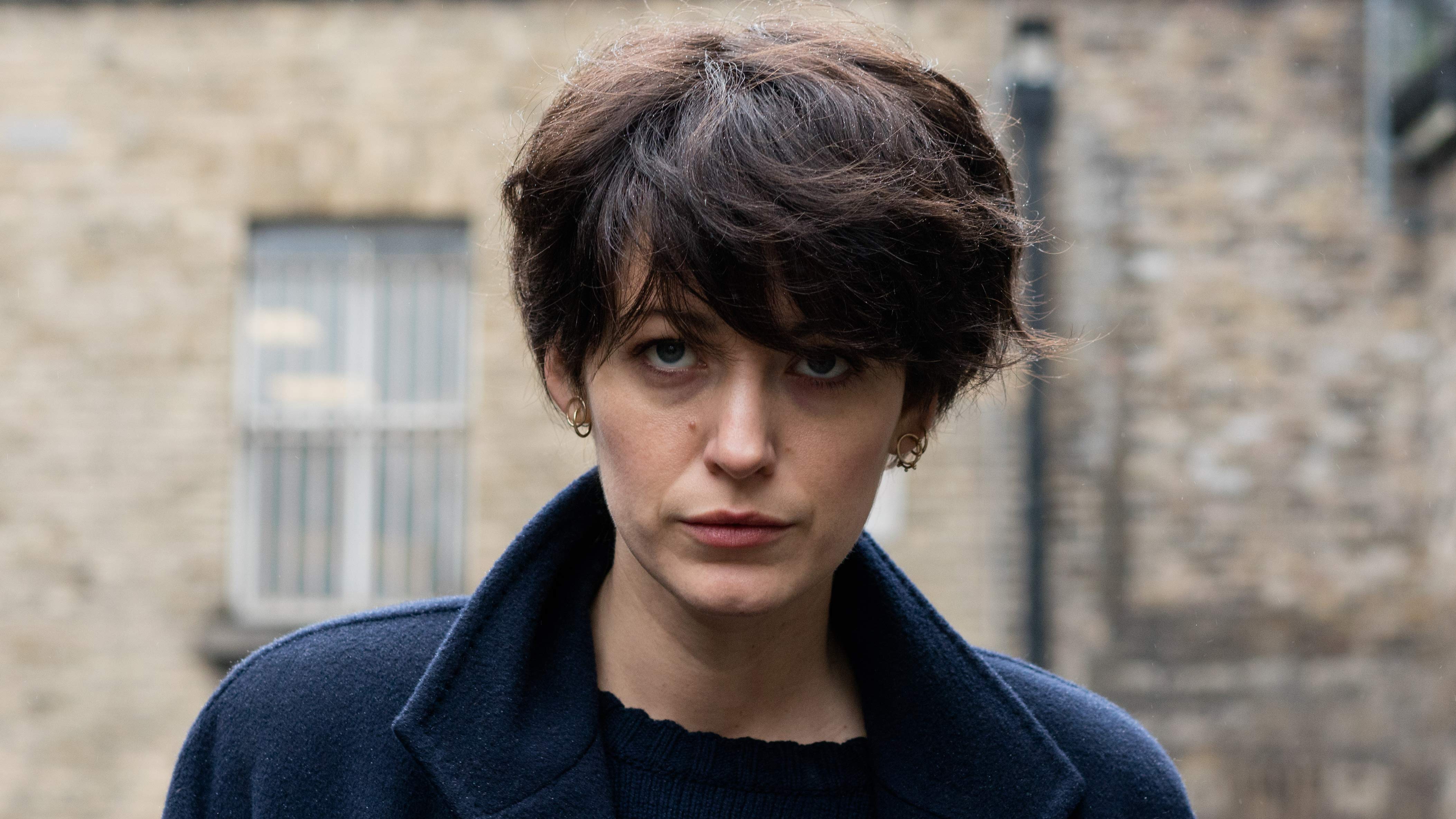
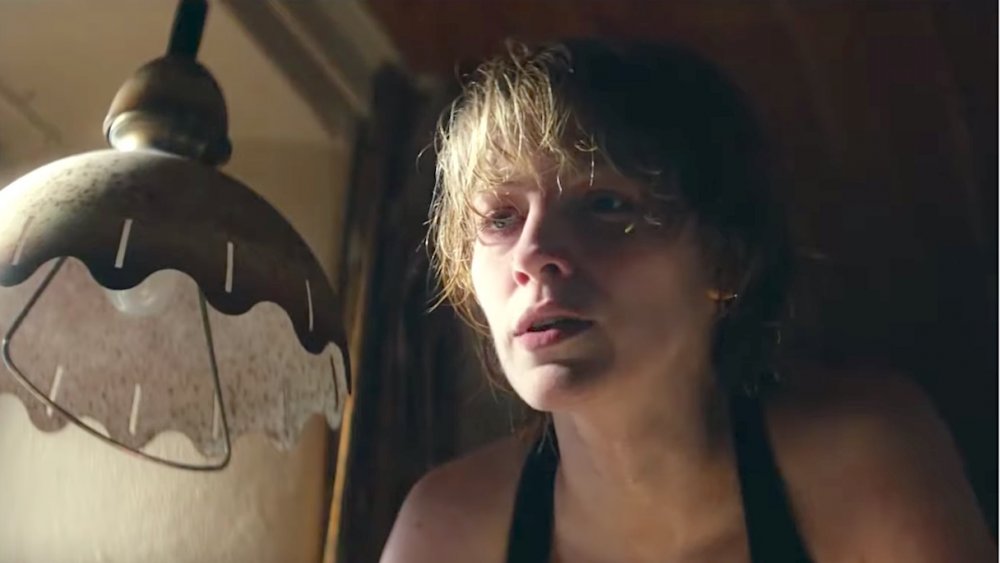





.png)

.png)
.png)


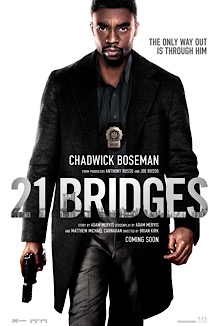
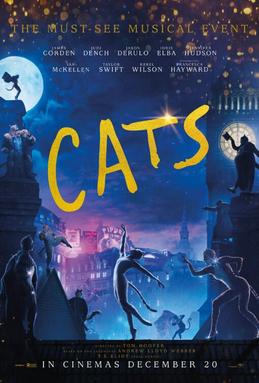
.png)

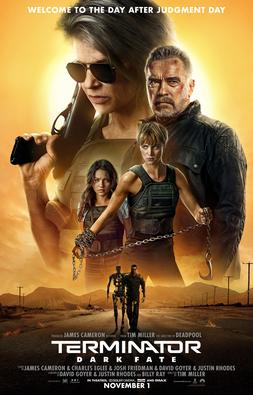
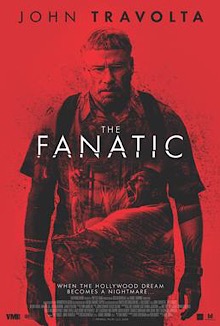



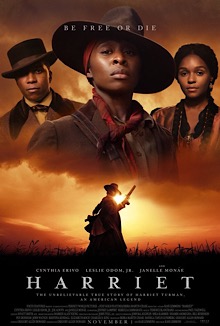
.png)
_poster.jpg)


.png)




